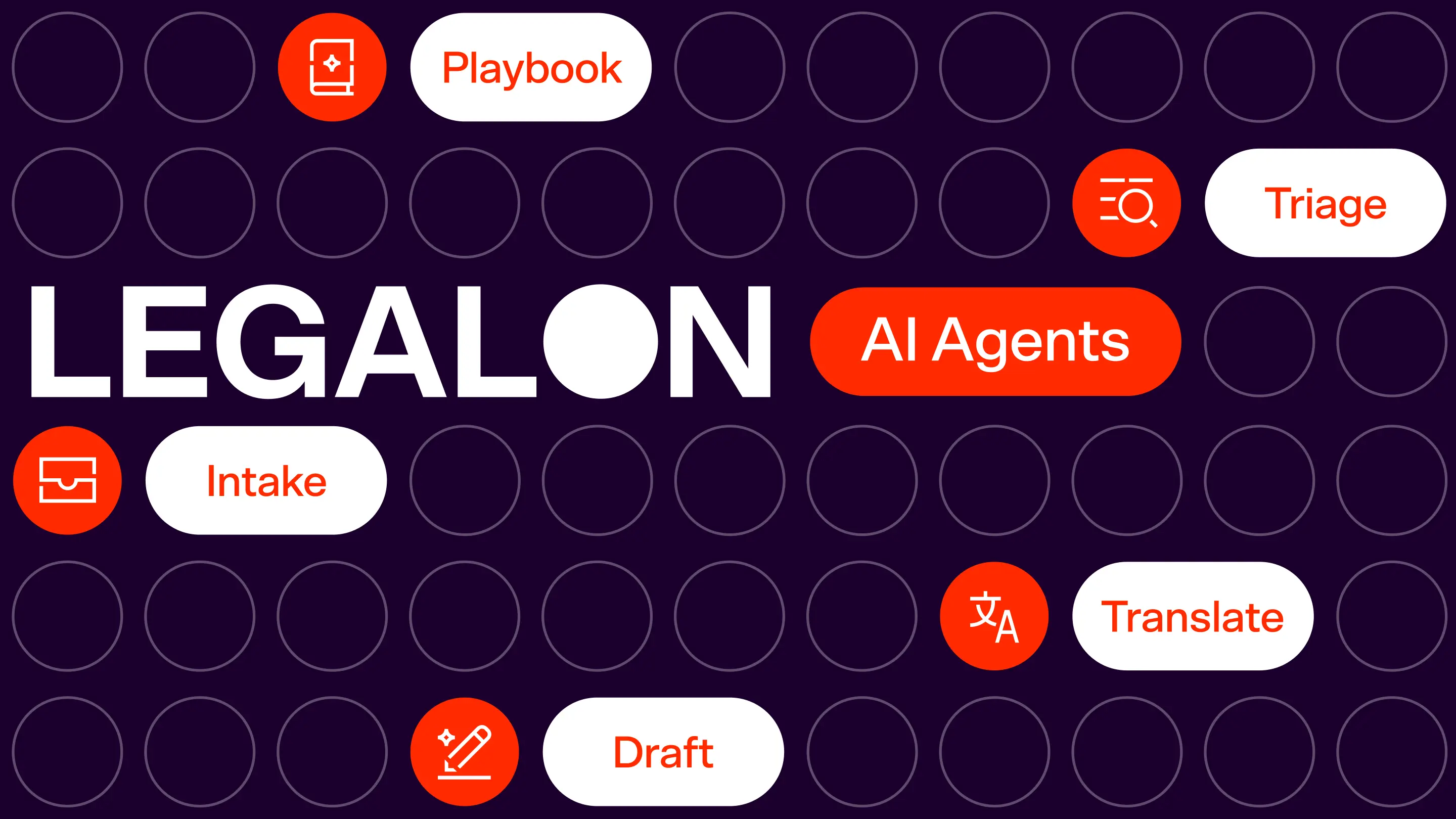Governing Law Clauses: Review and Negotiate with AI
What is a Governing Law Clause?
A Governing Law clause tells you which laws will apply to a contract. It’s important because it helps all parties understand their rights and responsibilities and helps avoid misunderstandings.
For example: if a California-based software company makes a deal with a New York customer, they might choose California law to govern their agreement. This way, both sides know which rules apply if there's a problem.
While no law or specific statute says you must include this clause, it's good practice to have one. It lets the parties choose laws that work best for their situation.
Where To Use Governing Law Clauses
Governing Law clauses are helpful in many types of agreements, particularly those when the parties are from different places. Here are some common examples:
- Non-Disclosure Agreements (NDAs)
- Software Licensing Agreements
- Master Purchase Agreements
- Letters of Intent (LOIs)
- Software as a Service (SaaS) Terms of Service
- Master Services Agreements (MSAs)
Negotiating Governing Law Clauses
When negotiating Governing Law clauses, consider the following points:
- Jurisdiction Selection: Pick a place with laws that make sense for your agreement. For example, if you're dealing with software, choose a place with good tech laws.
- Exclusion of Specific Laws: In some cases, it may be advantageous to exclude certain laws or conventions. For instance, in international sales, parties often exclude the UN Convention on Contracts for the International Sale of Goods.
- Industry Rules: Be aware of any special rules for your industry.
- Arbitration vs. Litigation: Decide if you want to settle disputes through arbitration or in court.
- Public Policy: Remember, courts might not enforce your clause if it goes against important local laws.
- Be Consistent: If you have multiple related agreements, use the same Governing Law clause in all of them.
- Think Practical: Consider how easy it would be to actually use the chosen laws if there's a problem.
- Be Ready to Compromise: Sometimes, choosing a neutral third location can be a good middle ground.
Remember, while negotiating these clauses, it's essential to consult with legal professionals who are familiar with the specific jurisdictions and industries involved. They can provide tailored advice to ensure that the Governing Law clause effectively serves the interests of all parties while remaining enforceable and compliant with relevant laws and regulations.
AI Contract Review for Governing Law Clauses
To give you a sense for the benefits of leveraging AI Contract Review Software trained by lawyers, we’ve selected some sample language our software presents to customers during a review of Governing Law Clauses in Master Service Agreements (MSAs). Keep in mind that these are static in this overview, but dynamic in our software - meaning our AI identifies the key issues and proactively surfaces alerts based on importance level and position and provides suggested revisions that mimic the style of the contract and align with party names and defined terms.
If you’d like to see more, we invite you to book a demo.
Sample Clause
This Agreement and all SOWs shall be governed by and construed in accordance with the laws of [●●], without regard to the conflicts of law principles thereof.
Sample Guidance for Governing Law
In an MSA, it is essential to incorporate a governing law provision that determines the legal framework and jurisdiction for addressing disputes or issues stemming from the agreement. This provision offers clarity and certainty for all parties involved, helping them better comprehend their rights and obligations, and minimizing the potential for disputes and misunderstandings.
Relevant statutes or laws to consider depend on the chosen governing law. For instance, if California law is selected, parties should comply with the California Business and Professions Code and any other pertinent state or federal laws applicable to the services.
It is crucial to note that exceptions, such as the public policy exception, and specific regulations or doctrines, like federal requirements, may impact the application of the chosen governing law. Therefore, parties must carefully consider these factors when drafting and negotiating an MSA to ensure a clear and enforceable legal framework for their project.
Simplifying Your Governing Law Clause Negotiations with AI
AI-powered tools like LegalOn can help legal teams:
- Quickly spot important issues
- Give alerts based on your situation
- Suggest improvements
- Ensure you're following relevant laws
The sample AI-powered insights we've shared demonstrate how LegalOn can enhance your contract review process, making it more efficient, thorough, and aligned with best practices.
To experience the power of AI in Governing Law clause negotiations, we invite you to see it in action. Book a demo to explore how our AI-powered contract review software can transform your approach to drafting and negotiating Governing Law clauses.
Experience LegalOn Today


.svg)




.webp)




